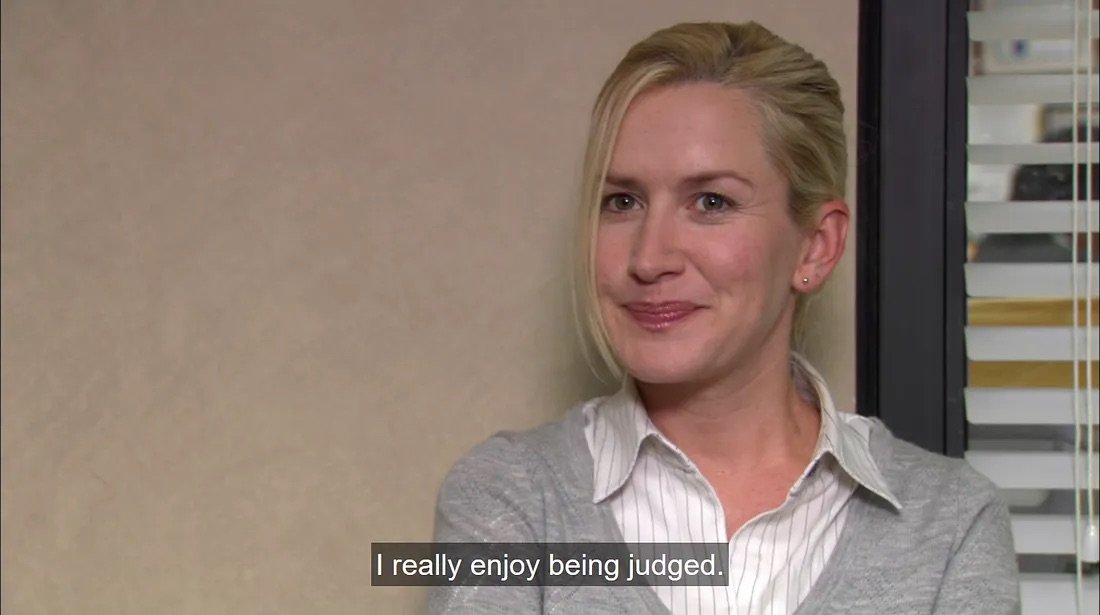Preparing for Reviews
About a year ago, I posted this thread as our team was entering performance review season. As of last week, we have officially kicked off our fall 2023 cycle, and it feels appropriate to revisit — especially as a few things have changed in the last 12 months. In the thread, I mentioned some of the narratives I’ve carried in the past around performance reviews; now, as I think about those narratives and shape this experience for the buidlbox team, my hope is to both unlearn some things from my past and instill new norms around the process.
Our team has gone through some changes over the last few months, and I see this review cycle as a critical point in our growth moving forward. We have a new CEO excited about scaling buidlbox.io into web3’s most seamless hackathons platform. We have an incredibly agile team of creators, problem solvers, and buidlers: the same person doing copywriting in the morning may be doing wire-framing in the afternoon, or they may jump on a sales call right after a daily developer stand up.
So now, as we enter review season, how do I cultivate a space that both allows and enables team members to give and accept feedback?
I’m grateful that the team sees and appreciates what each person brings to the table. I’m also not naive enough to believe that sharing feedback is easy for everyone or that everything that needs to be said has been said.
With that said, I’m encouraging our team to do a few things this cycle that I seemed to overlook in the last two — partially inspired from the Johari Window technique.
The Johari Window is a self-discovery exercise created by Joseph Luft and Harrington Ingham.
Consider what you can learn from those reviewing you.
What perspective do your peers have into your work, and in what ways could they see your blind spots? A fellow engineer will see your role differently than a product marketer, but each plays a role in what it looks like for you to succeed. What does someone else know of you that you may not know of yourself?
Consider what you can shed light on.
Similarly, what side of your peer’s work do you have special insight into? What do you notice that they may overlook? While this can (and often does) include questions around someone’s weaknesses or “potential areas of growth,” it can also involve asking questions like:
What could take their work good to first-rate?
Have they experienced notable growth in one area, and it’s time to consider a new challenge?
What hidden strengths do they have, and how would you like to see those strengths come to life?
If it doesn’t fit, let it slip.
This is more of an exception than a rule, but you may or may not receive feedback that isn’t really for or about you. It may be a comment about something outside of your control or related to circumstances rather than the work itself. Either way, consider the feedback: consider what it means and what actionable steps could be taken on your end. Perhaps there is something you can still learn from it, or it may be something you simply let roll by.
It’s easy — and often the norm — to think of review cycles only in terms met KPIs, missed responsibilities, or areas for skill improvement. My hope for this cycle, however, is that we shift our perspective to emphasize growth and collaboration: let this review season be a time not only for self-reflection but also for fostering a culture where feedback flows freely and propels us all toward collective success.
Here’s to a season of growth, shared understanding, and buidling the future together. 🚀


